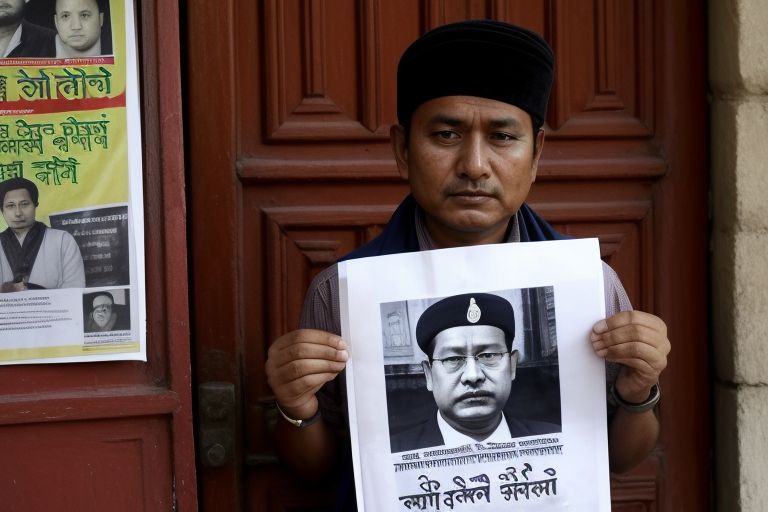The executive summary of this new report published today by the Nepal Press Freedom Watchdog (NPFW) reveals that Nepalese journalists are increasingly being threatened and intimated. The survey of the state of press freedom in Nepal this year recorded 30 percent increase in attacks on media practitioners in the past one year which is an alarming sign on declining freedom of journalism in the Himalayan Kingdom.
Therefore, the NPFW, a non-governmental organization established to bring the awareness of pressing freedom situation in Nepal, collected information from different sources firstly from the journalists, secondly from the media, and thirdly from the legal perspective. The report documents 157 cases of attacks on press freedom in the last one year; threats – including verbal and online abuses, physical assaults and arbitrary arrests.
And, although the number of threats has been increasing in recent years, cyberbullying and online intimidation remains the most significant type of threat and can be tied for 39% of all threats received. This report has found that women and those working in sensitive political topics or corruption stories are the most harassed.
The NPFW’s Executive Director Binod Dhungel stated about the findings with utter concern. “The rising intolerance towards journalists, now not only endanger the life of the people like me but also the democracy we embrace”, Dhungel said at a press conference in Kathmandu. “If we want to check and balance authority, and avoid corruption in the exercise of decision-making power, then and only then is there freedom of speech and press”.
It also reveals that self-censorship is also on the rise: 68% of those surveyed said they had toned down their work because they feel threatened. This chilling effect on reporting is however most felt in rural regions where most journalists who despite scoring big at their assignments often have to do it alone as Bowman and Greene alluded to lack of institutional support or legal assistance that their counterparts in the urban areas receive.
Some of the findings in the report have been refuted by the government officials noting that ‘‘new threats’’ are as a result of enhanced reporting formats than actual threats. Rajan Kumar Poudel, the spokesperson for the Ministry of Information and Communications said that while the government acknowledged the cases of attacks on press freedom, it is dedicated to defending free press’ rights and is developing new legislation on the matter.
But media rights activist and leaders of the opposition, they have demanded that something should be done to arrest the development. The FNJ says it will organize nationwide protests next week to ensure proper safety of media persons and to bring the culprits behind threatening and assaulting journalists to book.
The study has also been noticed by the international organizations as shown in the report. RSF has released a statement pointing to the slide in press freedom in Nepal and called on the government to protect the journalists and honor its constitutional provision of freedom of speech and expression.
The report arrives at a time when Nepali media outlet is transforming; the media businesseed’s is axperiencing the growth of different onlined news portals and social media networks. Even as these continue to make information more accessible, it has opened new risks for journalists in whom farther incite violence and threats online.
The fact is that political and social evolution in Nepal is still an uncertain process, so the independence of the press plays an important role. We welcome the NPFW report a s timely wake up call for journalists in the country and called on all stakeholders to work towards the protection of press freedom in the Country as media professional continue to execute their crucial role without any harassments.
If Nepal is to turn around this negative trend and prove its commitment to press freedom, then the next few months will be decisive. The Nepali government and civil society are still to respond to these challenges and the international community is observing the situation of journalists in Nepal and the media’s democratic prospects.


